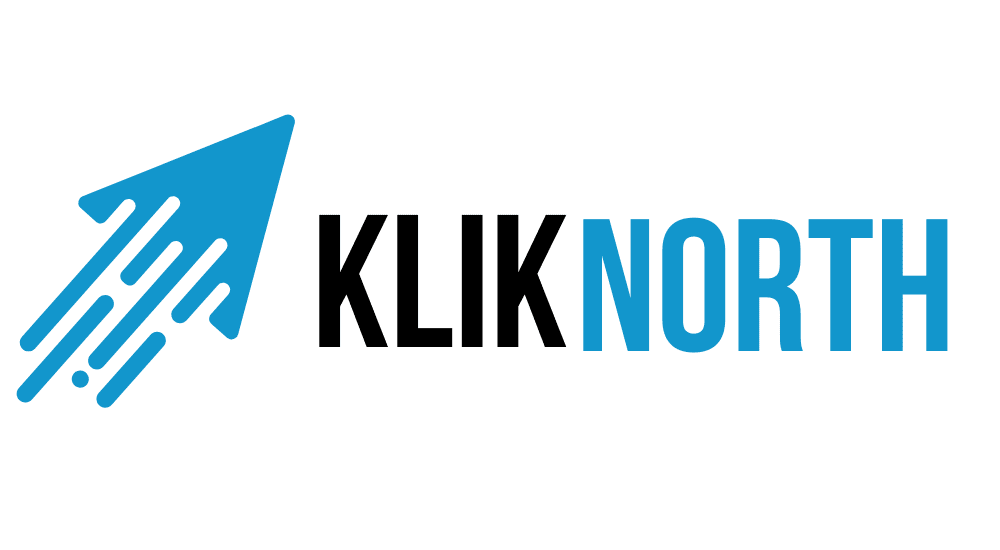Best Practices for Small Business Google Ads Campaigns
Google Ads remains one of the most powerful tools in driving targeted traffic and fueling the growth of your small business. Mastering this requires an effective strategy. Leveraging some of the best practices for Google Ads will be quite important in creating optimized campaigns with impressions that give astonishing results. Whether you’re just getting started with Google Ads or looking to improve your current campaigns, this whitepaper will take you through some of the essential strategies you can put into place to maximize your ROI and fuel business growth.
Define Precise Goals and Objectives
The clear-cut definition of very specific goals is the foundation upon which a successful Google Ads campaign is laid. In the first instance, take a cue on what you want to achieve from the ads themselves. Do you want website traffic, lead generation, or sales? Defining specific goals helps you focus on how to go about accomplishing a certain strategy and measure your success. By establishing KPIs such as CTR, conversion rate, and CPA, the success of your campaign will be correctly measured. This makes sure that all of these goals align with the overall business objectives and create one cohesive approach to driving actual results.
Thorough Keyword Research
Keyword research plays a vital role in capturing your targeted audience. The tools that you can use in researching keywords include Google Keyword Planner, which will help you find keywords relevant to your business and industry. Yet another priceless view on keywords that drive traffic in your segment may be provided by competitors’ analysis. Long-tail keywords, as a rule, have lesser competition and are much cheaper. You choose the right keywords to see your ad pop up before active users who are searching for a product or service like yours.
Create Compelling Ad Copy
This is where the copy of your ad comes in. Make a very good first impression with your business. Build catch-all headlines, which immediately capture the attention of users and clearly state the value proposition. Include strong calls to action that will lead users to click on your ads. Highlight what differentiates your business from the competition and why users should choose you. Well-written ad copy can help in a big increase in CTR and drive better-qualified traffic to your site.
Optimize Landing Pages for Conversions
Once users click on your ad, they end up on your website. It should be a relevant landing page from the copy of your ad, and that should translate to a seamless user experience. Make sure the content on your landing page is relevant to your ad, and there’s a clear, striking CTA. Optimize page load times for lower bounce rates and higher user engagement. A well-constructed landing page can make all the difference between a casual visitor and a converted customer.
Utilize Ad Extensions Effectively
Ad extensions give your ads more informative content and capture greater visibility for your Google Ads. Under site link extensions, you are allowed to add links apart from the default one to direct users deeper into your site. Call extensions attach your phone number to the advertisement so that users can call your business directly. Location extensions will show your business address, something very important for capturing local customers. These extensions can help increase the performance of your ad and bring in more qualified leads.
Implement Smart Bidding Strategies
Google Ads provides different ways of bidding on your ad spend. Automated bidding will ensure that real-time bid adjustments are made to ensure that the ads perform at their best. Target CPA: Set a desired cost per acquisition, which ensures that your budget is being spent as effectively as possible. With Enhanced CPC, your bids are higher if it’s more likely a click will result in a conversion. Some of these smart bid strategies will make sure to help you maximize ROI and boost the campaign performance.
Monitoring and Analyzing the Performance of Campaigns
Monitoring and analysis are the most important things that will keep your Google Ads campaign at its best and continue to improve. Go through periodic performance reports and dashboards to monitor metrics such as CTR, conversion rates, and CPA. Use this information to perform better-informed edits in your bids, keywords, ad copy, and so on. Do A/B testing; always alternate ad versions to see which works best with targeted audiences. That way, you can be sure that, while being very proactive and data-driven, you iterate your strategy now and then to achieve the best performance.
Stay Updated with Google Ads Features and Trends
The digital advertising space is ever-changing, so one should always try to be on par with changing trends and new features on Google Ads. Keep an eye out for new tools that are on the horizon, updates that are coming, or any other how-to ways to make your campaigns even stronger. Stay ahead of industry trends and best practices to keep your strategy fresh and competitive. Being able to adapt to changes and grasp new opportunities can mean the difference between success and failure for your small business in online advertising.
Conclusion
Mastering Google AdWords will transform your small business’s online marketing. Only define with clarity what constitutes a goal, conduct deep keyword research, create compelling ad copy, optimize landing pages, make full use of ad extensions, embrace smart bidding strategies, and not stop monitoring for effectively running campaigns that substantially deliver. Apply the following best practices for better results in your Google Ads strategy and drive growth for your business. Ready to take your advertising to the next level? Then start implementing these techniques today and watch your small business grow.






